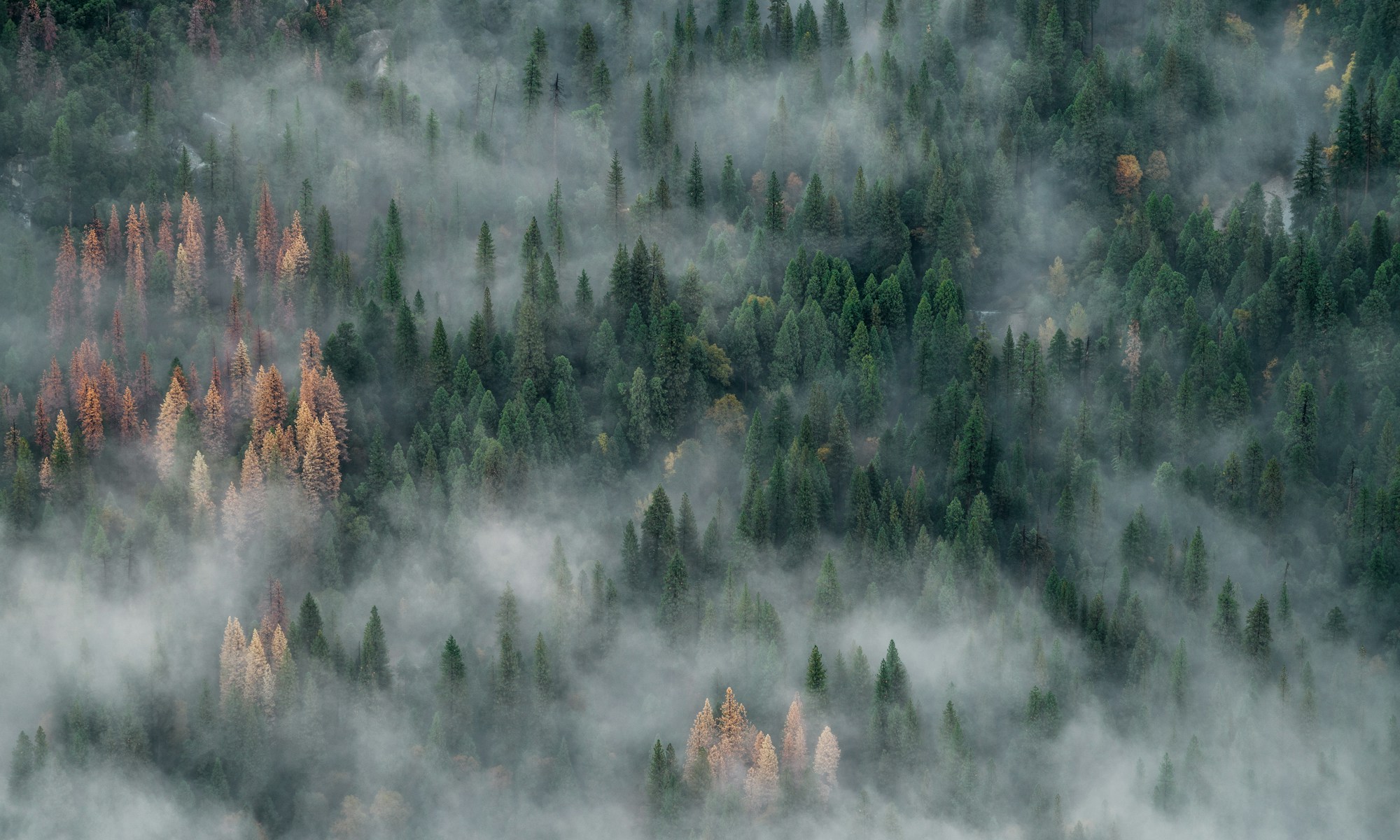13 June 2023 – By Willy Phillips
Canada is on track to have the deadliest year of fires to date, and the question of how to move forward is largely unanswered.
Eastern Canada has experienced the worst season of wildfires to date. With over 400 burns since the fire season began in May, the 43,000 sq km of burned area may only be the beginning. So far, 15,000 people have been displaced within the past two weeks, bringing the total displacements this year up to 100,000. Many more risk the same fate as fire season has just begun and extends into late October.
The atmospheric impacts of the fires have been far reaching as apocalyptic-like haze has become commonplace along the east coast, stretching 700 miles south into North Carolina. Major league baseball games, flights within the US, and many outdoor activities within this international stretch of land have been canceled or delayed as hopes for blue summer skies dwindle.
Multiple factors have contributed to these fires, mainly a buildup of dry brush within forests, a lack of controlled burns, higher-than-average temperatures, and low rainfall levels. While climate change is not entirely responsible for record-setting burns, it has played a significant role in creating ideal fire conditions, setting the scene for more devastating and uncontrollable fires.
The United States and other countries have provided over 600 additional personnel and various resources to aid the Canadian Government. Internally, response teams are stretched to their limits as the fires crawl insidiously and sporadically along their path. Fire crews have reportedly been working 12-18 hour shifts to limit the damage done to residential and wilderness areas.
The Canadian House of Commons has been filled with intense debate and finger-pointing as a response to the fires. No consensus has been reached for a preventative solution as both sides remain in a deadlock and have passed the blame onto one another. Prime Minister Justin Trudeau has publicly criticized the opposition Conservative Party for blocking progress in the climate sector. Similarly, Trudeau has been called out for his approval of new extraction plans and subsidies given to the fossil fuel industry.
While politics has clouded the situation, the need for improved fire prevention and management strategies has become apparent. For Canadian citizens, a new approach to fire management is paramount. Katrina Moser, Western University’s geography and environment department head, has made clear the answer does not lie in political blaming but rather in concrete and unifying action. “Scientists have been warning us about this for years,” said Moser. “Everybody should be working on reducing fossil fuel emissions. That’s the critical thing: these fires are telling us something. We really need to take action right now. We need to get serious about reducing fossil fuel emissions.”



